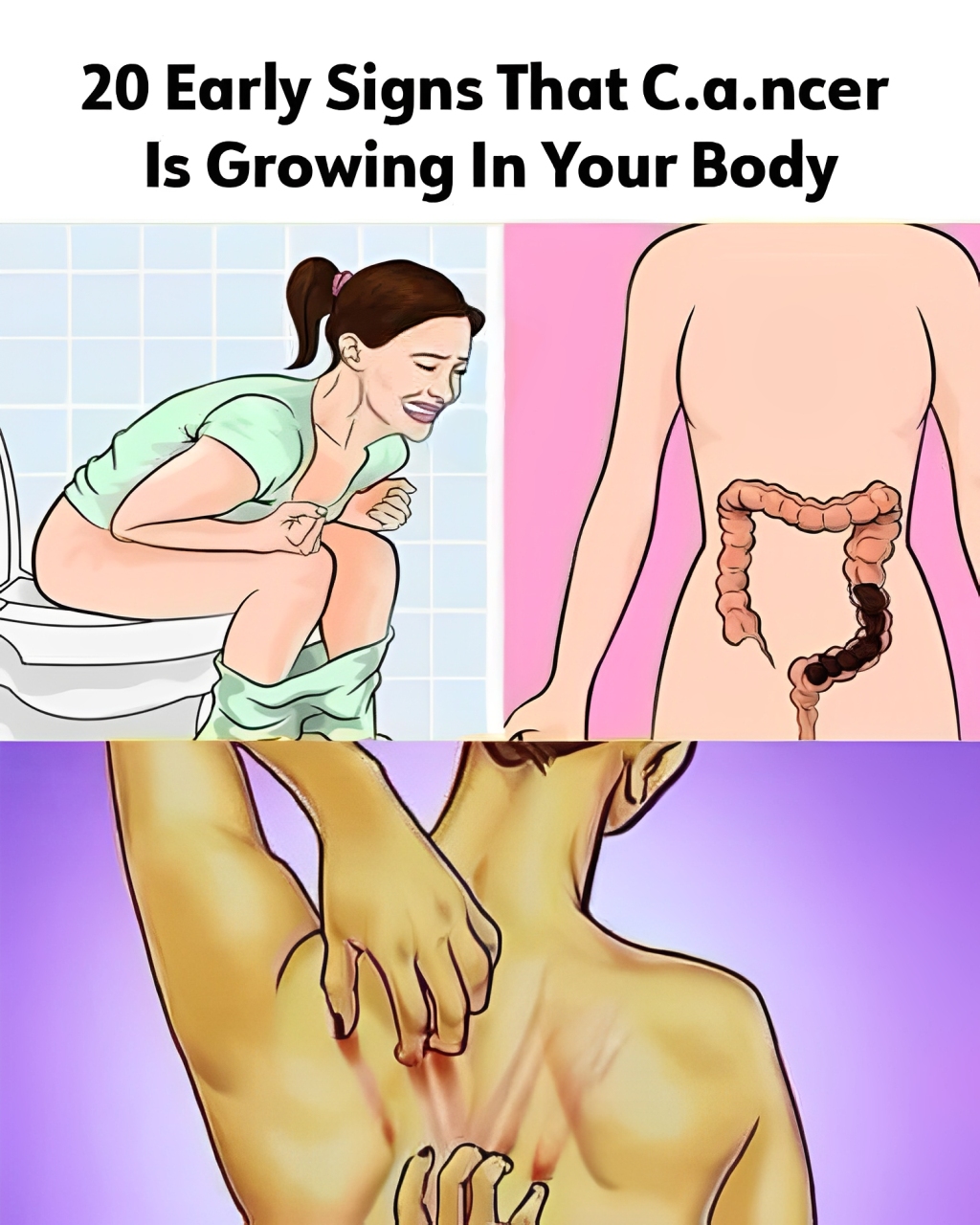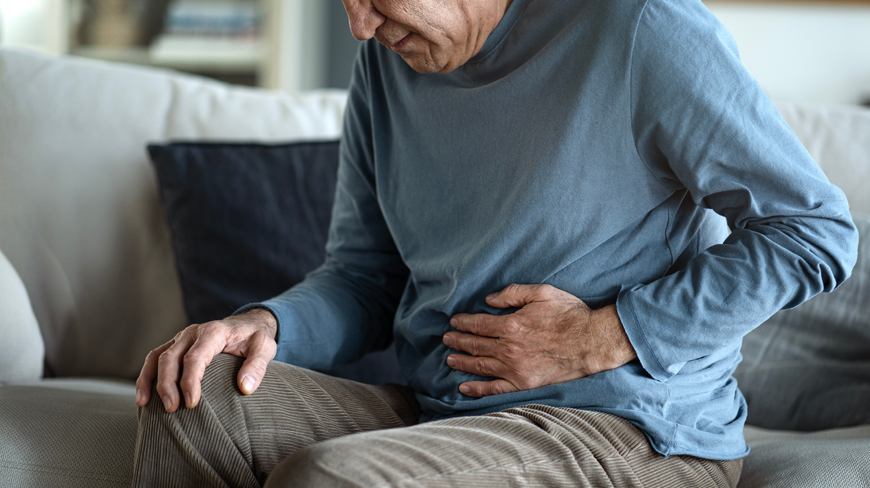
Your body is amazing at sending out signals when something isn’t right, including early signs of cancer. Paying attention to these signals can help detect diseases early, allowing for quicker medical action. If you notice any of these early warning signs, it’s important to see a doctor to determine if further testing is needed.
1. Indirect Symptoms

Cancer doesn’t always make itself obvious. Often, your body shows signs that aren’t directly related to the primary tumor or affected area. Recognizing these subtle symptoms can be key to early detection.
-
Wheezing or Shortness of Breath
Lung cancer patients often recall this as one of the first signs, though they didn’t immediately link it to cancer. -
Frequent Fevers or Infections
This is a symptom of leukemia, where abnormal white blood cells affect your body’s ability to fight infections. -
Difficulty Swallowing
Often associated with throat cancer, it could also signal lung cancer in some cases. -
Weakness and Fatigue
Fatigue is common with cancer, so it’s best to evaluate it alongside other early signs of cancer. -
Feeling Full and Unable to Eat
This could be a sign of ovarian cancer, especially when accompanied by a constant loss of appetite.
2. Visible Bodily Changes

Cancer can also cause physical changes that are more noticeable. These changes vary depending on the type and stage of cancer but can provide important clues for early detection.
-
Rectal Bleeding or Blood in Stool
This is a common symptom of colorectal cancer and warrants immediate medical attention. -
Lumps in the Neck, Underarms, or Groin Area
Swollen lymph nodes may indicate issues in the lymphatic system, potentially pointing to cancer. -
Excessive Bruising or Bleeding That Doesn’t Stop
Issues with platelet or red blood cell function, often linked to leukemia, can lead to unexplained bleeding or bruising. -
Bloating or Abdominal Weight Gain
Ovarian cancer patients often report persistent bloating as an early sign. -
Unexplained Weight Loss
This may indicate colon or digestive cancers and can also occur if cancer spreads to the liver. -
Red, Sore, or Swollen Breasts
Inflammatory breast cancer can cause these symptoms, along with changes in the nipple such as flattening or inversion.
3. Pain Symptom

Persistent pain in specific areas of your body could also be a cancer warning. Understanding these pain symptoms is crucial for seeking medical advice.
-
Unusually Heavy or Painful Periods, or Bleeding Between Periods
Common in endometrial or uterine cancer. -
Chronic Cough or Chest Pain
Symptoms like bronchitis or a lingering cough can sometimes signal leukemia or lung cancer. -
Pelvic or Abdominal Pain
Pain in the pelvic area is often associated with ovarian cancer, and leukemia can enlarge the spleen, causing abdominal discomfort. -
Pain in the Back or Lower Right Side
This is commonly a sign of liver cancer. Breast cancer may also cause back pain if the tumor presses against the chest or spreads to the spine. -
Upset Stomach or Persistent Stomach Pain
Frequent stomach discomfort can be linked to colorectal cancer.
How to Reduce Your Risk
If you notice any of these signs, stay calm, but make sure to see a doctor for proper guidance. Early detection is critical in saving lives. Additionally, leading a healthy lifestyle, keeping your vitamin D levels normal, and reducing exposure to environmental toxins are key steps in preventing cancer.

